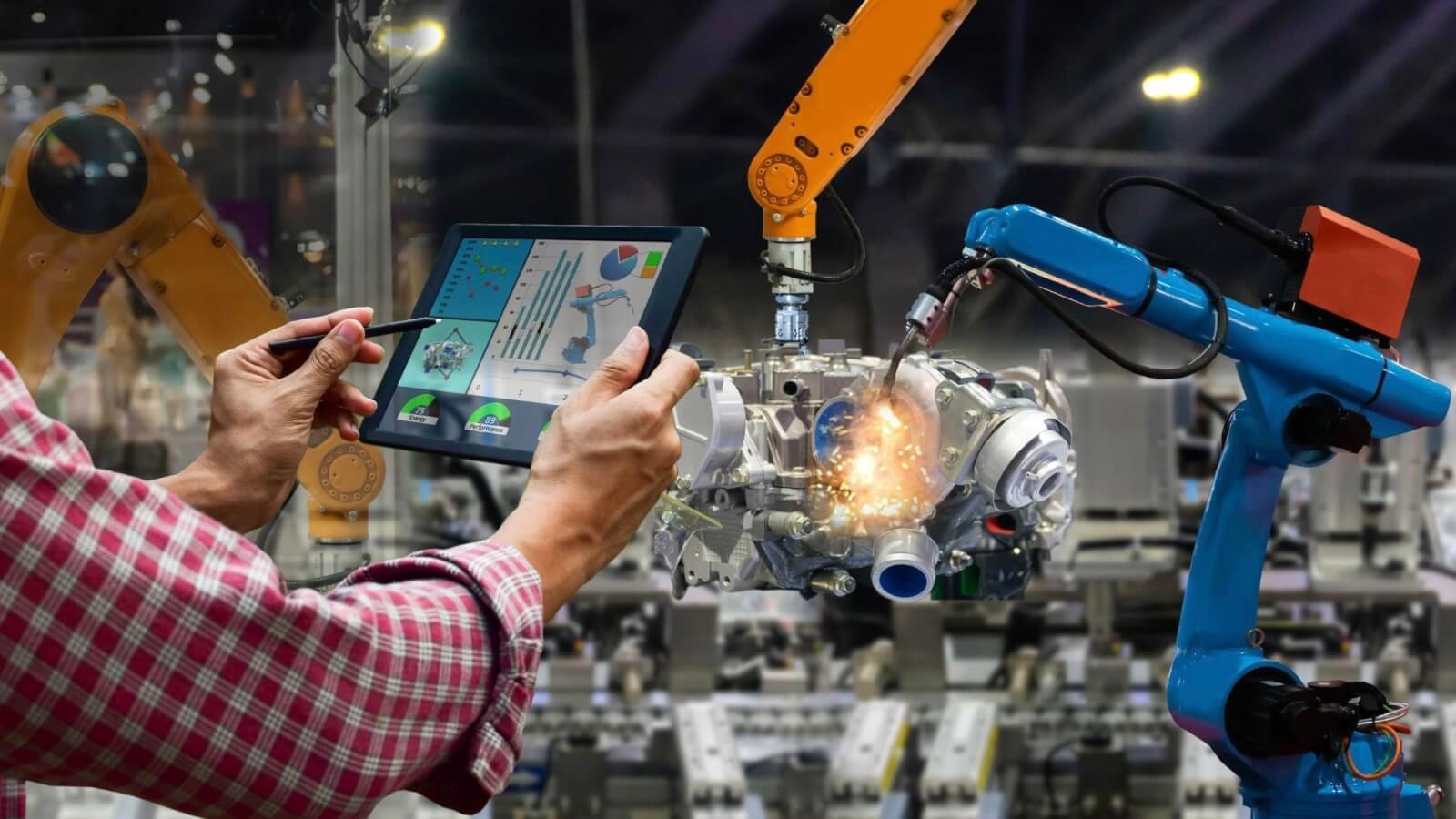Custom CNC machining is a fascinating process that transforms ideas into physical, functional components. Whether it’s small prototypes or large industrial parts, CNC machining enables designers and engineers to create precise, detailed items that meet specific requirements.
This article will explain what CNC machining is, how it works, and why it’s widely used across various industries.
What is Custom CNC Machining?
CNC stands for Computer Numerical Control, a process in which computers control machining tools to cut, shape, and finish materials like metal, plastic, and wood. Custom CNC machining involves the production of parts or components designed to meet unique specifications. This manufacturing technique allows for precision and customization, making it possible to create intricate designs with complex features.
How CNC Machining Works
The CNC machining process begins with creating a design, usually in Computer-Aided Design (CAD) software. This digital model of the part is then converted into machine-readable code, often through Computer-Aided Manufacturing (CAM) software. The code directs the CNC machine, telling it exactly where to move the tools and how to shape the material.
The steps involved in CNC machining are:
- Design Creation: A precise 3D model is designed using CAD software.
- Conversion to Code: The design is translated into G-code, a language CNC machines understand, guiding tool movements.
- Machining: The CNC machine uses the code to cut and shape the material as specified by the design.
- Finishing: Additional processes may be applied to refine the part, such as polishing or coating, to ensure it meets final specifications.
Advantages of Custom CNC Machining
CNC machining offers several benefits that make it a preferred choice for manufacturers:
- Precision: CNC machines create parts with high accuracy, ensuring that even the smallest details meet the design specifications.
- Efficiency: Once programmed, CNC machines can run automatically, producing large quantities of parts quickly and consistently.
- Flexibility: Adjustments to the design can easily be made, allowing for changes without significant disruption to the production process.
- Repeatability: CNC machines ensure that every part produced is identical, providing consistency across batches.
- Complex Designs: CNC machining allows for the creation of intricate designs that would be difficult or impossible to achieve manually.
Types of Custom CNC Machining
Several types of CNC machining are used depending on the project’s requirements:
- Milling: A cutting tool rotates and removes material from a stationary workpiece to shape it.
- Turning: The workpiece rotates while a stationary tool shapes it, typically used for cylindrical parts.
- Laser Cutting: A high-power laser precisely cuts through materials, ideal for intricate patterns and fine details.
- Plasma Cutting: An electrically conductive material is cut using a plasma torch, effective for metals.
- 3D Printing: A newer form of CNC technology where parts are built layer by layer, often used for rapid prototyping.
Materials Suitable for CNC Machining
CNC machining can work with a wide range of materials, each suited to different applications:
- Aluminum: Lightweight, corrosion-resistant, and cost-effective, commonly used for automotive and aerospace parts.
- Steel: Strong and durable, suitable for heavy-duty applications.
- Plastics: Versatile and available in many types, useful for components requiring flexibility or insulation.
- Brass: Resistant to corrosion and wear, often used in fittings and precision machinery.
- Titanium: Lightweight yet strong and corrosion-resistant, ideal for aerospace, medical, and high-tech industries.
Industries That Use Custom CNC Machining
Custom CNC machining plays a critical role in many sectors, including:
- Aerospace: Used to create lightweight yet strong parts for aircraft and space vehicles.
- Automotive: CNC machines produce engine components, gearboxes, and other essential parts.
- Medical: Surgical tools, implants, and other medical devices are manufactured with the precision needed for health applications.
- Electronics: CNC machining is used to create housings and precision parts for electronic devices.
Choosing a Reliable CNC Machining Supplier
Selecting the right CNC machining supplier is crucial to the success of any project. A dependable supplier will offer expertise, precision, and timely delivery, ensuring the quality of the final product. Look for companies that provide custom CNC machining service, use advanced technology, and employ skilled professionals with extensive experience in CNC machining. These qualities ensure that your components are manufactured to the highest standard, whether it’s a small prototype or a large production run.
Conclusion
CNC machining is a powerful and efficient technology that turns concepts into reality. Its precision, flexibility, and ability to produce complex designs make it invaluable across various industries. Whether you need a small test run or thousands of components, custom CNC machining offers a reliable solution for manufacturing high-quality parts. When selecting a CNC machining company, it’s essential to choose one that prioritizes quality and customer service to ensure your project’s success.
Interesting Related Article: “Materials Used in CNC Machining: A Guide for Manufacturers “


